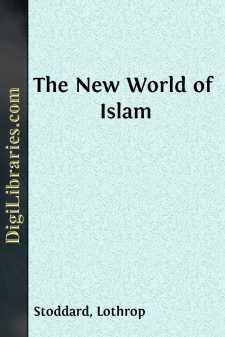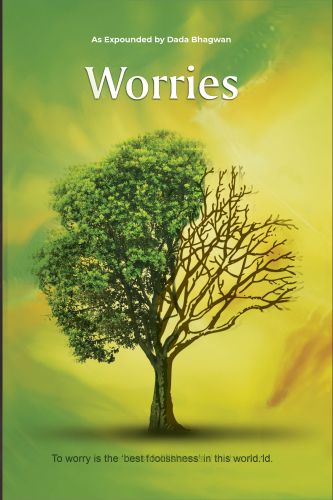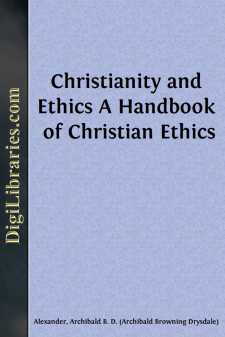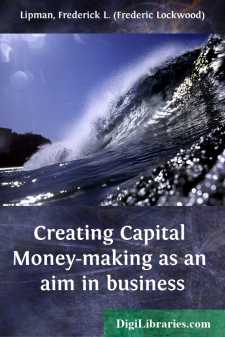Categories
- Antiques & Collectibles 13
- Architecture 36
- Art 48
- Bibles 22
- Biography & Autobiography 813
- Body, Mind & Spirit 142
- Business & Economics 28
- Children's Books 17
- Children's Fiction 14
- Computers 4
- Cooking 94
- Crafts & Hobbies 4
- Drama 346
- Education 46
- Family & Relationships 57
- Fiction 11829
- Games 19
- Gardening 17
- Health & Fitness 34
- History 1377
- House & Home 1
- Humor 147
- Juvenile Fiction 1873
- Juvenile Nonfiction 202
- Language Arts & Disciplines 88
- Law 16
- Literary Collections 686
- Literary Criticism 179
- Mathematics 13
- Medical 41
- Music 40
- Nature 179
- Non-Classifiable 1768
- Performing Arts 7
- Periodicals 1453
- Philosophy 64
- Photography 2
- Poetry 896
- Political Science 203
- Psychology 42
- Reference 154
- Religion 513
- Science 126
- Self-Help 84
- Social Science 81
- Sports & Recreation 34
- Study Aids 3
- Technology & Engineering 59
- Transportation 23
- Travel 463
- True Crime 29
The New World of Islam
by: Lothrop Stoddard
Description:
Excerpt
INTRODUCTION
THE DECLINE AND FALL OF THE OLD ISLAMIC WORLD
The rise of Islam is perhaps the most amazing event in human history. Springing from a land and a people alike previously negligible, Islam spread within a century over half the earth, shattering great empires, overthrowing long-established religions, remoulding the souls of races, and building up a whole new world—the world of Islam.
The closer we examine this development the more extraordinary does it appear. The other great religions won their way slowly, by painful struggle, and finally triumphed with the aid of powerful monarchs converted to the new faith. Christianity had its Constantine, Buddhism its Asoka, and Zoroastrianism its Cyrus, each lending to his chosen cult the mighty force of secular authority. Not so Islam. Arising in a desert land sparsely inhabited by a nomad race previously undistinguished in human annals, Islam sallied forth on its great adventure with the slenderest human backing and against the heaviest material odds. Yet Islam triumphed with seemingly miraculous ease, and a couple of generations saw the Fiery Crescent borne victorious from the Pyrenees to the Himalayas and from the deserts of Central Asia to the deserts of Central Africa.
This amazing success was due to a number of contributing factors, chief among them being the character of the Arab race, the nature of Mohammed's teaching, and the general state of the contemporary Eastern world. Undistinguished though the Arabs had hitherto been, they were a people of remarkable potentialities, which were at that moment patently seeking self-realization. For several generations before Mohammed, Arabia had been astir with exuberant vitality. The Arabs had outgrown their ancestral paganism and were instinctively yearning for better things. Athwart this seething ferment of mind and spirit Islam rang like a trumpet-call. Mohammed, an Arab of the Arabs, was the very incarnation of the soul of his race. Preaching a simple, austere monotheism, free from priestcraft or elaborate doctrinal trappings, he tapped the well-springs of religious zeal always present in the Semitic heart. Forgetting the chronic rivalries and blood-feuds which had consumed their energies in internecine strife, and welded into a glowing unity by the fire of their new-found faith, the Arabs poured forth from their deserts to conquer the earth for Allah, the One True God.
Thus Islam, like the resistless breath of the sirocco, the desert wind, swept out of Arabia and encountered—a spiritual vacuum. Those neighbouring Byzantine and Persian Empires, so imposing to the casual eye, were mere dried husks, devoid of real vitality. Their religions were a mockery and a sham. Persia's ancestral cult of Zoroaster had degenerated into "Magism"—a pompous priestcraft, tyrannical and persecuting, hated and secretly despised. As for Eastern Christianity, bedizened with the gewgaws of paganism and bedevilled by the maddening theological speculations of the decadent Greek mind, it had become a repellent caricature of the teachings of Christ....












